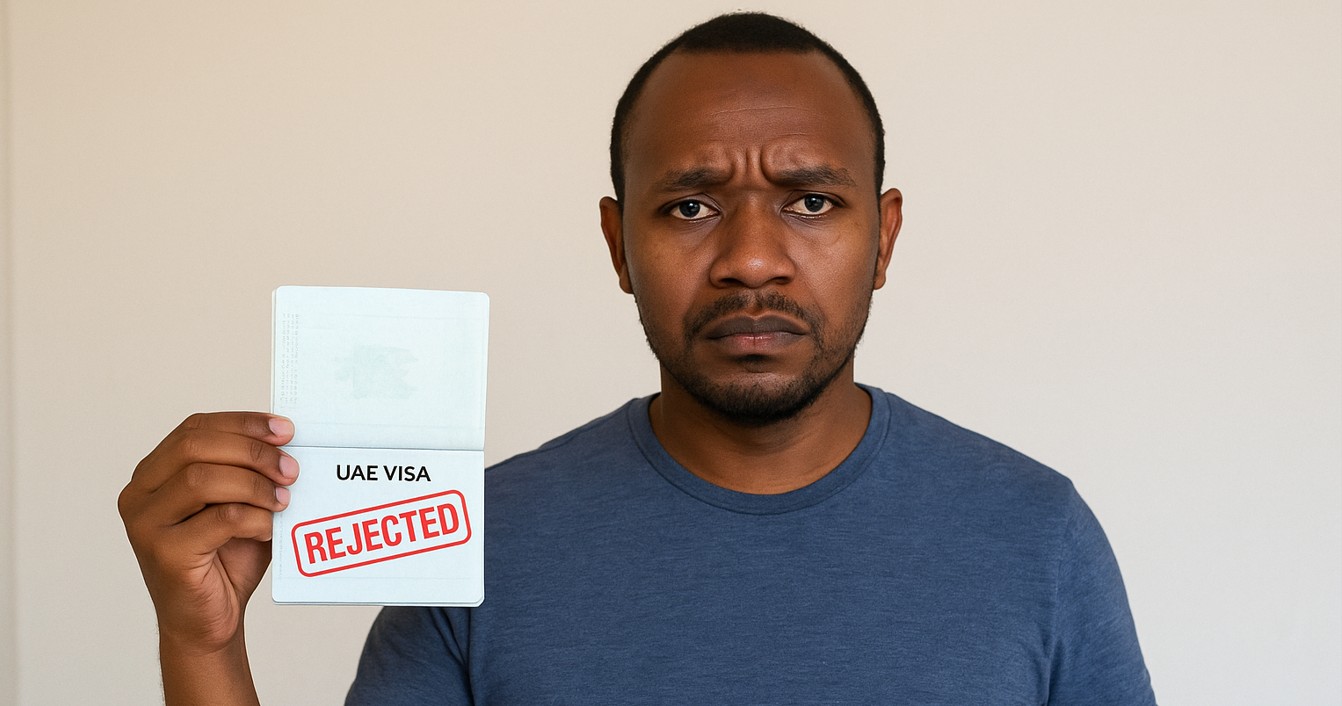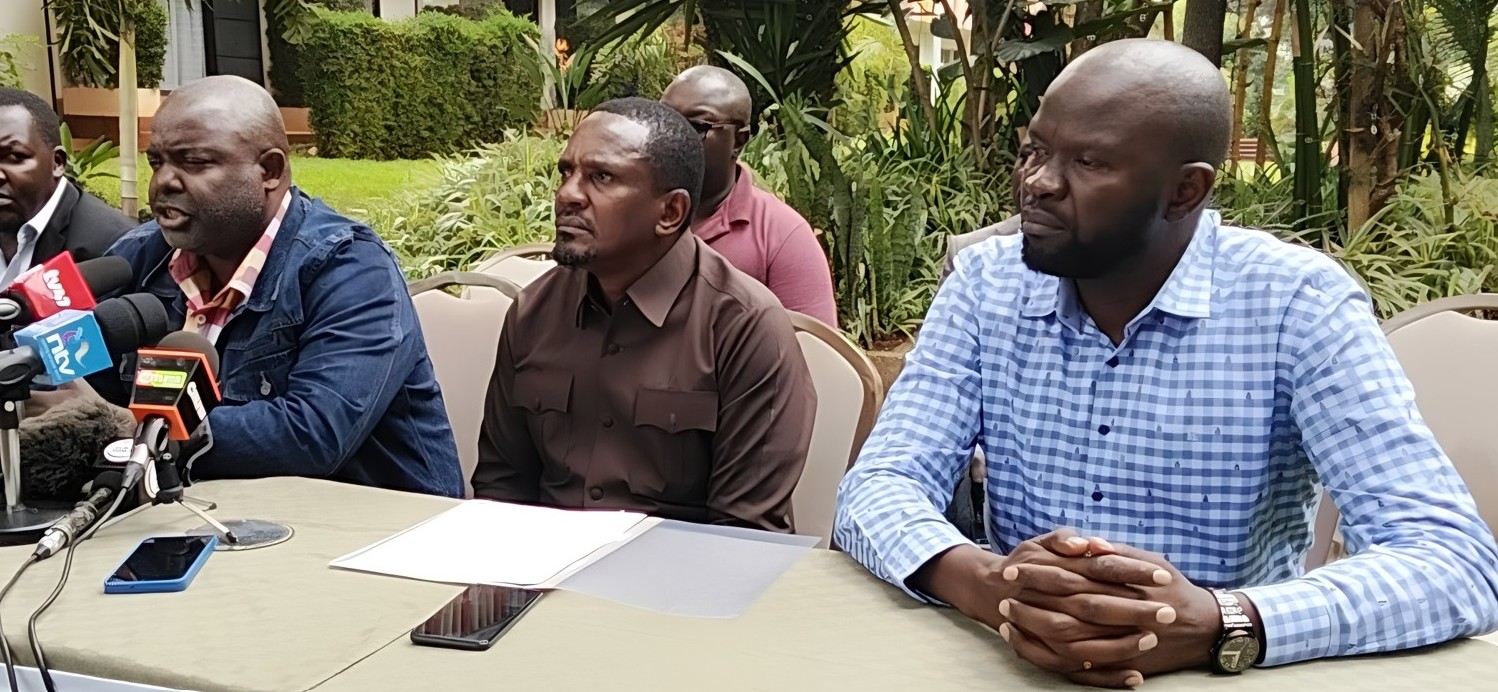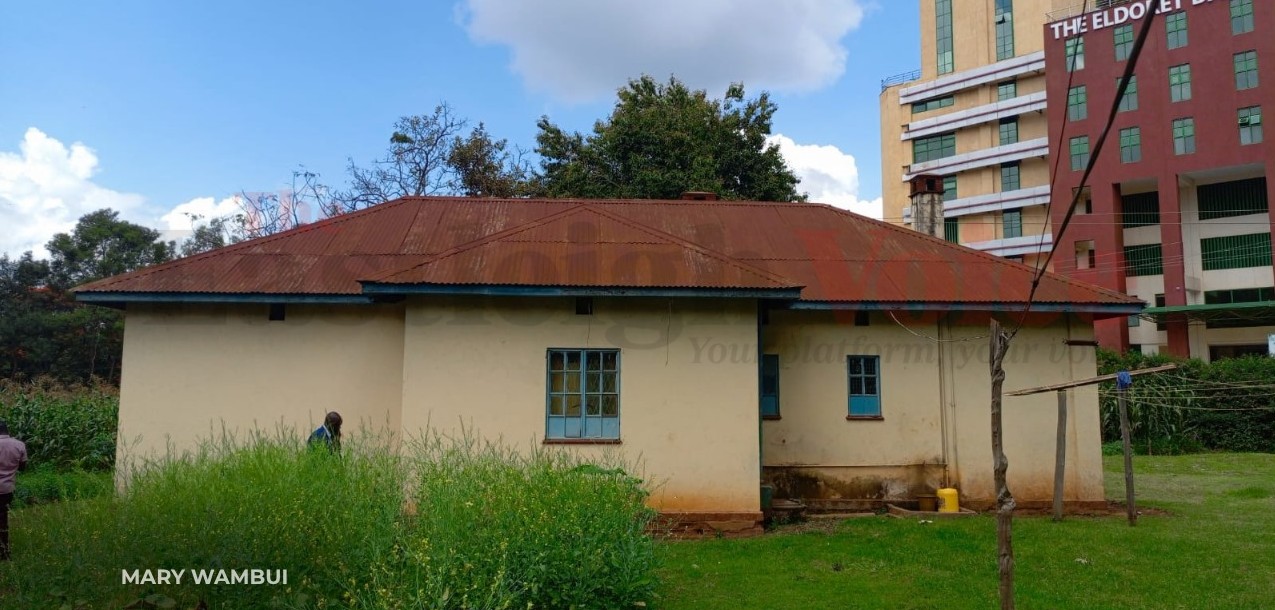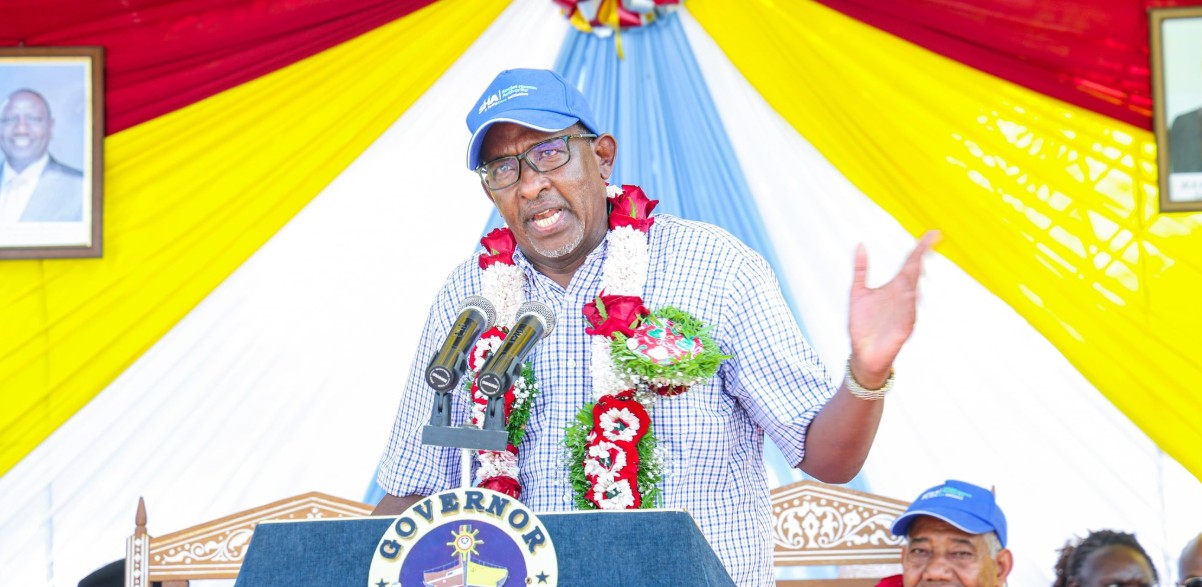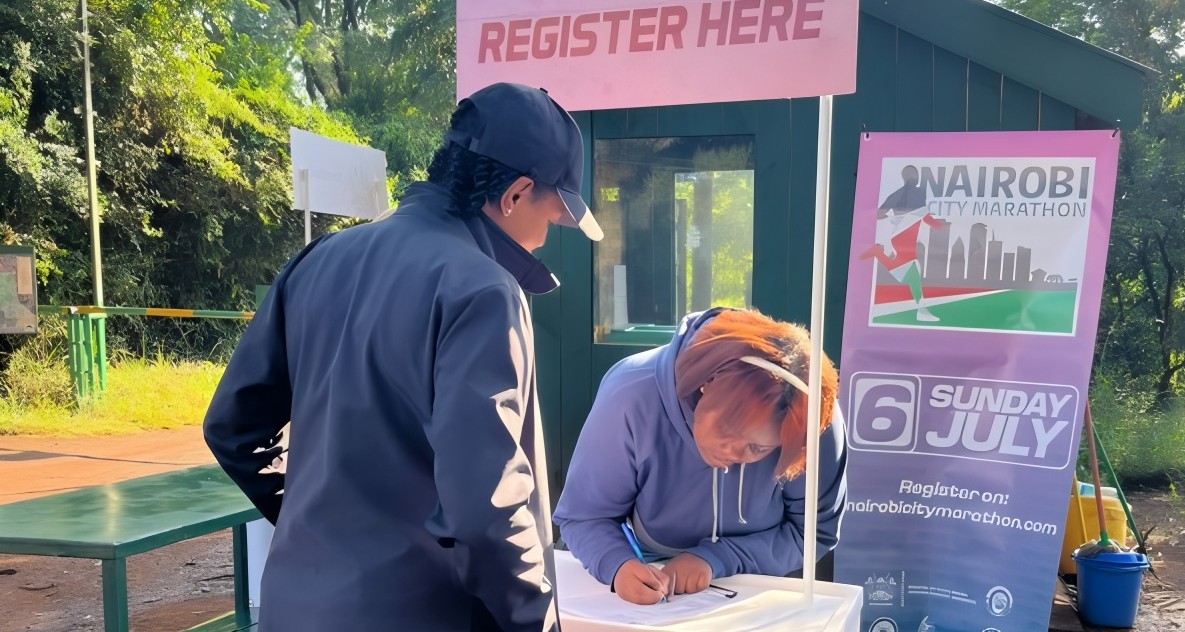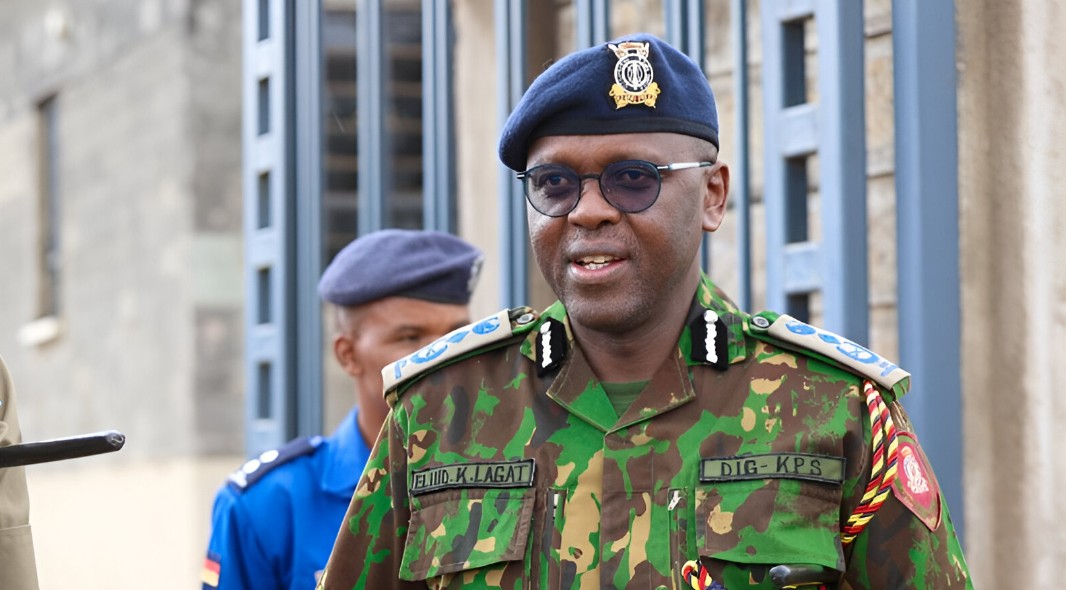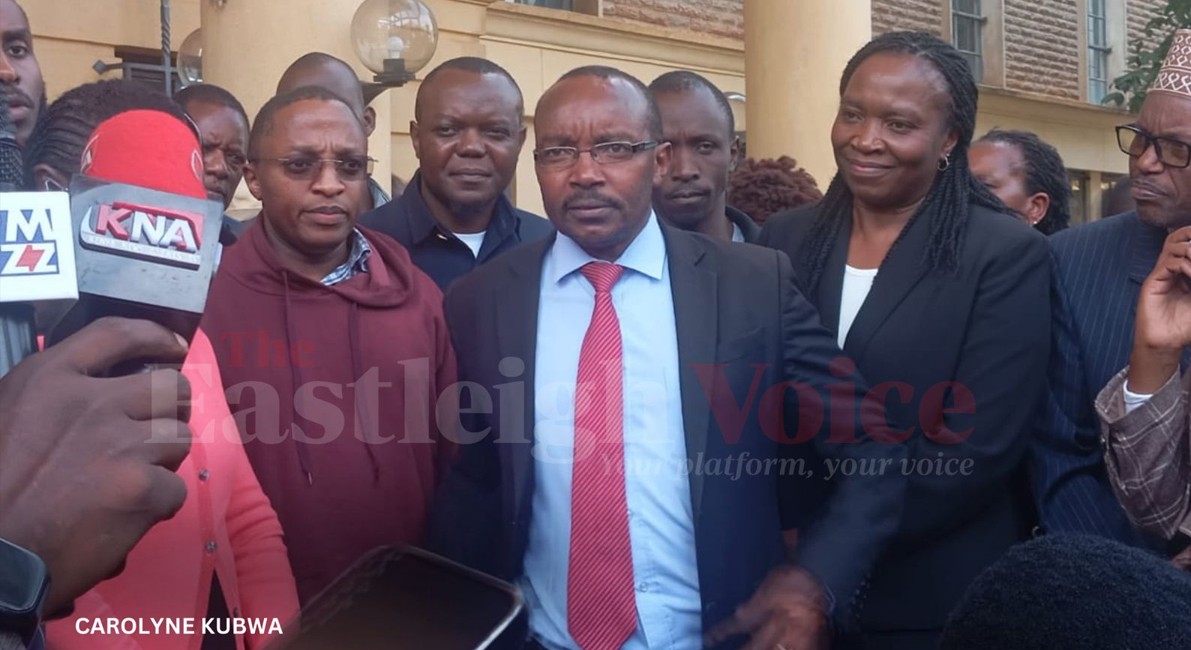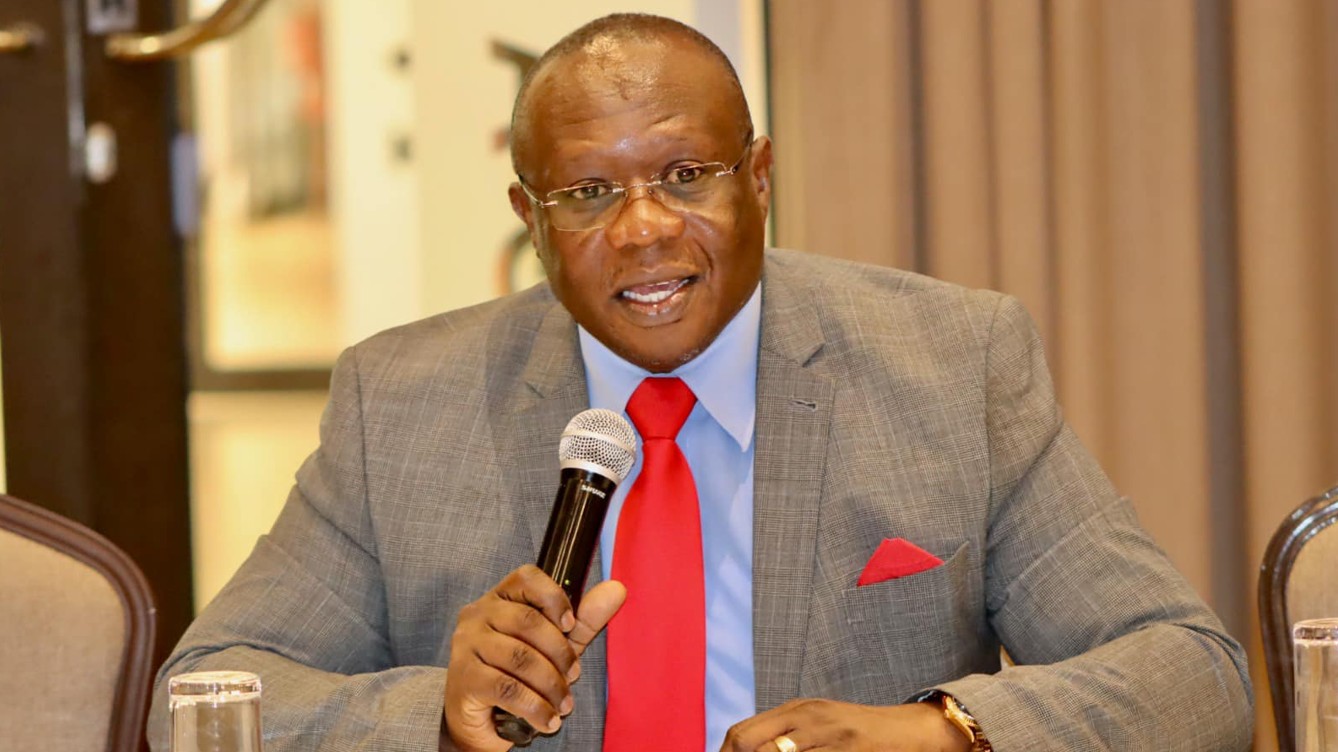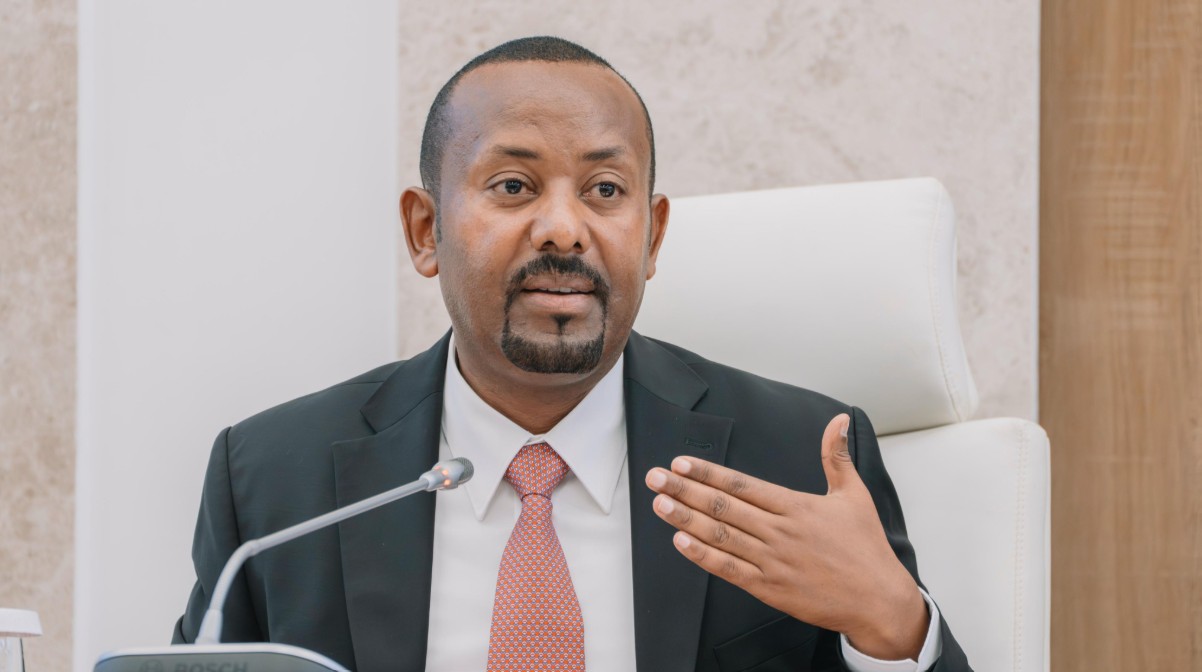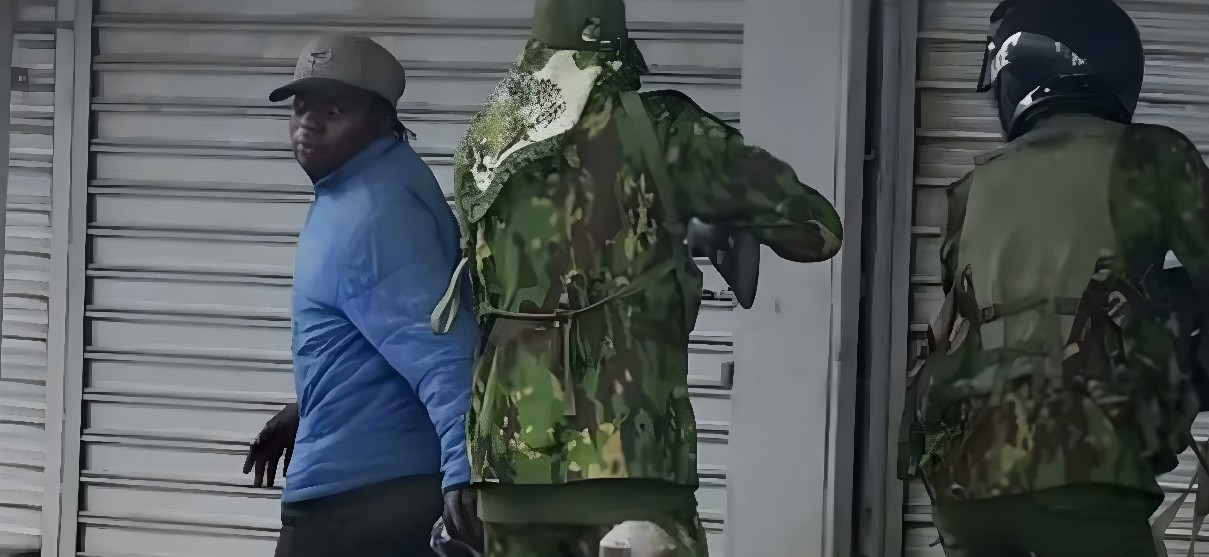Kilifi families receive Sh60 million compensation for human–wildlife conflict deaths
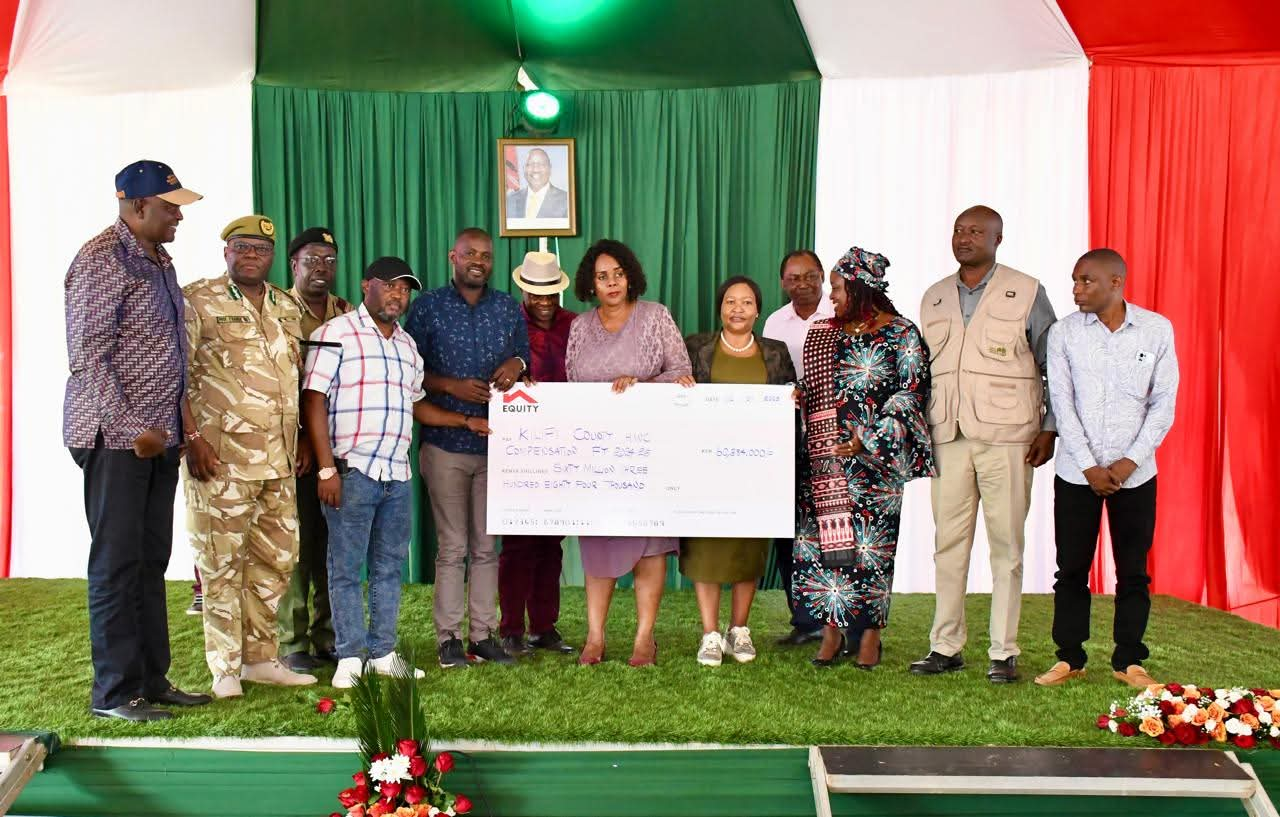
The disbursement, which took place in Marafa, targeted cases involving human fatalities caused by wild animals, mainly elephants and buffaloes, across high-risk areas such as Ganze, Magarini, and Vitengeni.
Families in Kilifi County have finally received a long-awaited Sh60 million in compensation for loved ones killed in human–wildlife conflict incidents between 2014 and October 2020.
The disbursement, which took place in Marafa, targeted cases involving human fatalities caused by wild animals, mainly elephants and buffaloes, across high-risk areas such as Ganze, Magarini, and Vitengeni.
More To Read
- Activists propose arrest powers for IPOA amid rising cases of police brutality
- Kenya elected to UN Tourism Executive Council
- Civil society slams exclusion of wildlife communities from public forums on Wildlife Bill, 2025
- Why wildlife attack victims face longer wait for government compensation
- Ruto unveils Sh950 million compensation for human-wildlife conflict victims
- KWS adds express lanes for prepaid tickets at Nairobi Park after public outcry over long queues
For many locals, the payout is a bittersweet relief.
“My father was trampled by an elephant in 2017 while returning home from the farm. We have waited years for this compensation. It won’t bring him back, but it will ease the burden left behind,” said Ann Mbeyu, a resident.
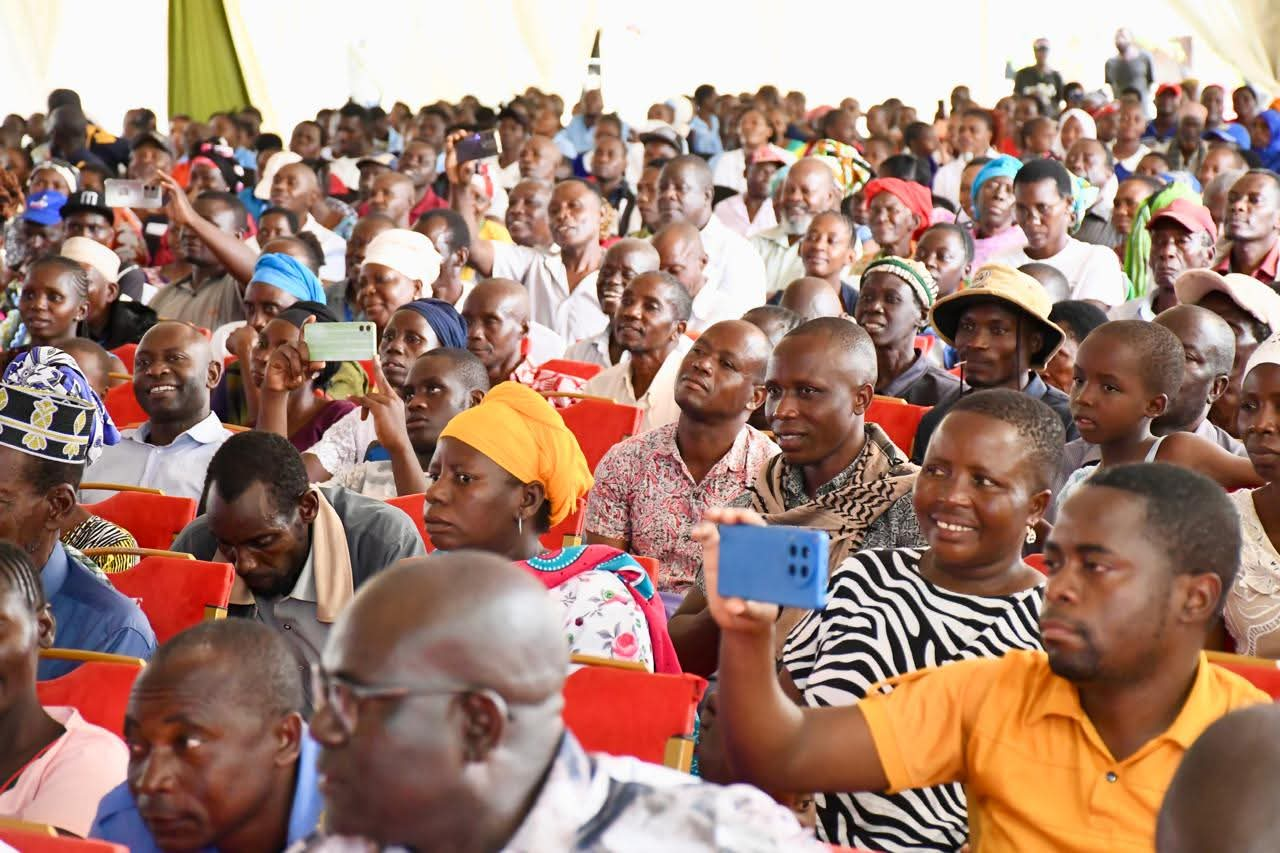 Kilifi famies given Sh60 million in compensation for loved ones killed in human–wildlife conflict incidents between 2014 and October 2020. (KWS)
Kilifi famies given Sh60 million in compensation for loved ones killed in human–wildlife conflict incidents between 2014 and October 2020. (KWS)
The cheques were issued during an official ceremony attended by Tourism and Wildlife Cabinet Secretary Rebecca Miano, Kenya Wildlife Service (KWS) Board Chair Lt Gen (Rtd) Walter Koipaton, and Director General Prof Erustus Kanga, alongside local and national leaders.
CS Miano reminded the community that compensation is a right under the Wildlife Conservation and Management Act. She confirmed that over 1,300 cases have been reported in Kilifi since 2021 alone and assured residents that all pending claims will be addressed.
Nationally, the government has released Sh2.8 billion for compensation and is processing a further Sh1.36 billion. Kilifi's payment represents part of that ongoing effort.
While grateful for the funds, residents say delays in processing claims must be addressed.
“We lost my brother in 2016 to a buffalo attack. It took nearly eight years for this money to come. Most of us had given up hope,” said Joseph Kazungu.
Prof Kanga acknowledged the emotional and financial toll such losses bring.
He announced that a Problem Animal Management Unit (PAMU) is now stationed in Kilifi to respond more swiftly to conflict reports and prevent future tragedies.
Lt Gen (Rtd) Koipaton said KWS is shifting towards community-centred conservation, focused on partnership, protection, and innovation. But some residents feel more needs to be done.
“The money helps, but we want action. Fencing wildlife corridors and patrolling dangerous zones will save more lives than compensation can,” said Thuva Mwadzombo.
The government has promised additional interventions, including classroom construction, water distribution, and economic empowerment projects in wildfire-prone areas, aiming to strike a balance between human safety and conservation.
Top Stories Today
